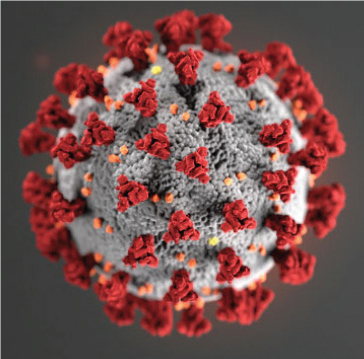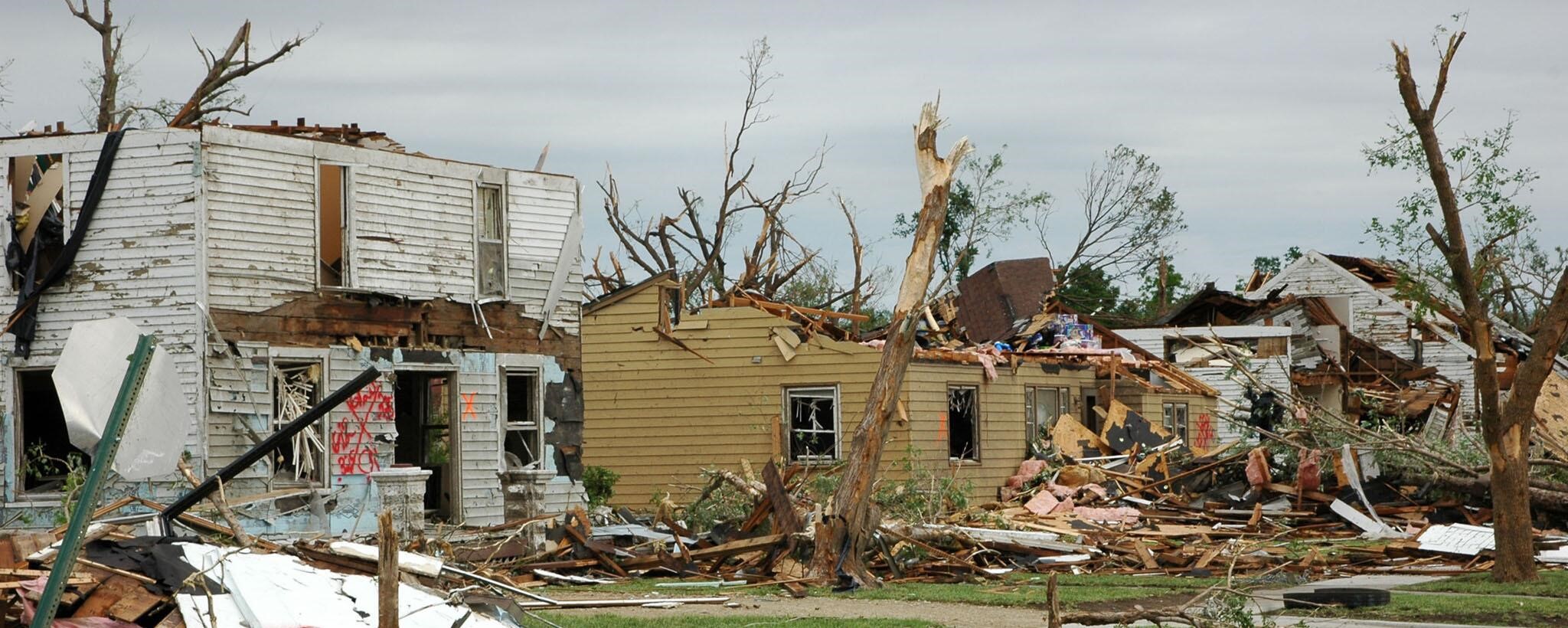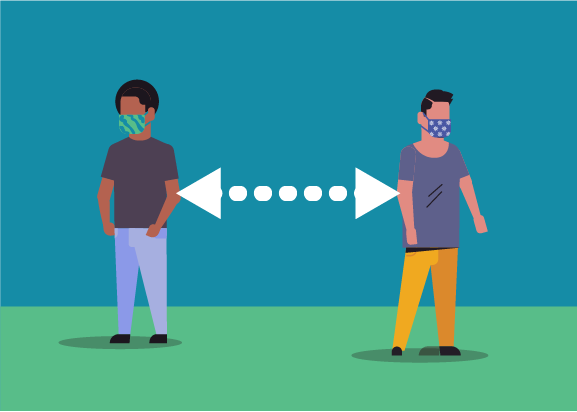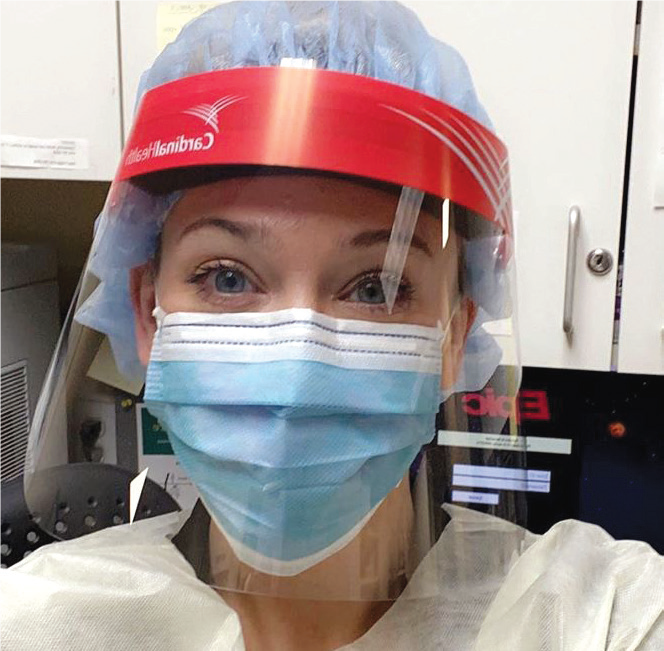Middle TN Group of the TN Chapter of Sierra Club Presents
Robert Wingfield and Neena Lake
Preparing Vulnerable Populations for the Impacts of Climate Change and a Global Pandemic
The Fisk University Community Environmental Awareness and Sustainability Program, in partnership with the Metro Nashville-Davidson County Public Health Department’s Office of Emergency Preparedness and the Midwest Consortium, has been actively working to educate vulnerable populations on how to effectively prepare for emergencies. These populations include communities whose residents are elderly, communities with young or low-income residents, and residents with poor or declining health. Resiliency is a key factor since these identified groups may have fewer resources to prepare for a disaster or pandemic, a limited ability to evacuate/shelter in place/in home lockdown/quarantine, or the limited capability or resources to bounce back (economically and health wise).
The key learning objectives of our workshops include:
- Residents gain an understanding of the forces that drive climate change and the necessary steps for mitigation;
- Residents become aware of the impacts of climate change on our environment, ecosystems, and human health;
- Residents are able to identify the hazards that will most likely impact their community (Middle TN) during and after a natural or man-made disaster and the risk from those hazards;
- Residents are able to identify the COVID-19 hazards that exist at home, in the community and workplace.
- Residents are able to take the necessary steps to prevent COVID-19 exposures at home, in the community and workplace.
- Residents are able to describe what to do prior to a disaster (family emergency disaster plan, family communication plan, build an emergency supply kit);
- Residents are able to describe what to do during an emergency (safe spaces, stay informed, evacuation vs shelter-in-place);
- Residents are able to describe what to do following an emergency (care for family and neighbors, avoid hazards, safe clean-up, outside agencies that can provide resources)
- Residents are able to describe the steps needed to safely return to work and help recover the economy following a pandemic.
- Residents are able to explain the steps and importance of producing a neighborhood/community resiliency plan (neighbor helping neighbor).
Active learning is encouraged throughout the workshop. Overall the training has been very effective based upon evaluations conducted at the end of each workshop. Word of mouth networking by participants has been key to community outreach. These workshops were developed with the support of the Midwest Consortium of Hazardous Waste Worker Training and NIEHS.
Key References:
1. How Climate Change Impacts Health
https://apha.org/topics-and-issues/climate-change/health-impacts
2. Make an emergency plan
https://www.ready.gov/plan
3. CDC: Coronavirus (COVID-19)
https://www.cdc.gov/coronavirus/2019-ncov/index.html

4. Protecting yourself from COVID-19 in the Workplace
https://tools.niehs.nih.gov/wetp/public/hasl_get_blob.cfm?ID=11881
5. Workplace Checklist for Prevention of Exposure to SARS-CoV-2 Virus in Non-Healthcare Industries
https://tools.niehs.nih.gov/wetp/public/hasl_get_blob.cfm?ID=12001
6. NIEHS Worker Training Program's COVID-19 page:
https://tools.niehs.nih.gov/wetp/covid19worker/
7. Disasters and Emergencies: Floods
https://www.ready.gov/floods

8. Disasters and Emergencies: Tornadoes
https://www.ready.gov/tornadoes

9. APHA: How to Protect Yourself from COVID-19
http://getreadyforflu.org/coronavirus.htm


Robert C. Wingfield Jr. Ph. D.
Dr. Robert C. Wingfield Jr.is currently serving as an Associate Professor of Chemistry at Fisk University. He is the Director of the Fisk Community Environmental Toxics Awareness and Sustainability Program, which is funded by NIEHS through the Midwest Consortium. He has had over twelve years industrial experience in chemical process and product development. During the Fall of 2001, while on sabbatical, he worked as an EPA/NAFEO Fellow in the USEPA. He served as External Process Leader and Co-Chair of a statewide Steering Committee to develop an Environmental Justice Strategic Plan for the Tennessee Department of Environment and Conservation (1998-2000). From July 2003 to October 2004, he chaired the Nashville Health Disparities Coalition. Also, in 2003, he was appointed by the Mayor of Nashville to the Healthy Nashville 2010 Leadership Council to help lead the city in establishing strategic priorities and mobilizing community initiatives to achieve significant improvements in the city’s health by 2010. In 2009 he was appointed by Governor of State of Tennessee to the Compliance Advisory Panel to provide support to the TDEC Small Business Environmental Assistance Program. He has served as an appointed member of the Metropolitan Nashville-Davidson County Wastewater Hearing Authority since 1999. He is currently serving as Chair-Elect of the Nashville Section, American Chemical Society and serves on the Executive Committee of the Middle TN Group of the TN Chapter of the Sierra Club. Since April 2006, he has served as co-host on the WFSK, 88.1 FM, “Health Watch: Pathway to Better Health” weekly radio show.
Neena Lake, MPH

Ms. Neena Lake is serving as a consultant to the Fisk Community Environmental Toxics Awareness and Sustainability Program. She is a 2018 graduate of East Tennessee State University with an MPH in Public Health/ Epidemiology. Her undergraduate work was completed at Middle Tennessee State University where she earned a B. S. in Health Education/Economics.
The program begins at 7:00 P.M.
This is a virtual meeting held on-line via Zoom Conferencing (video recording is not available.)